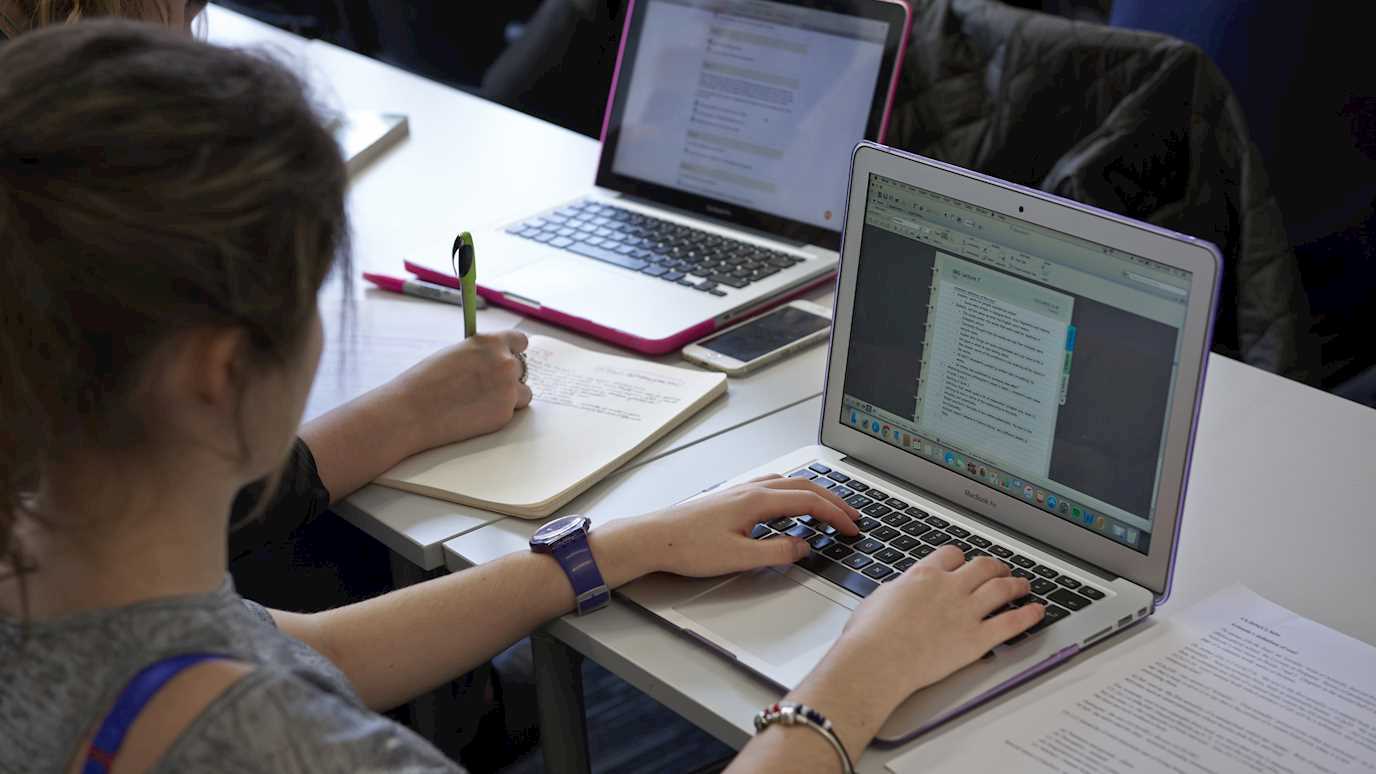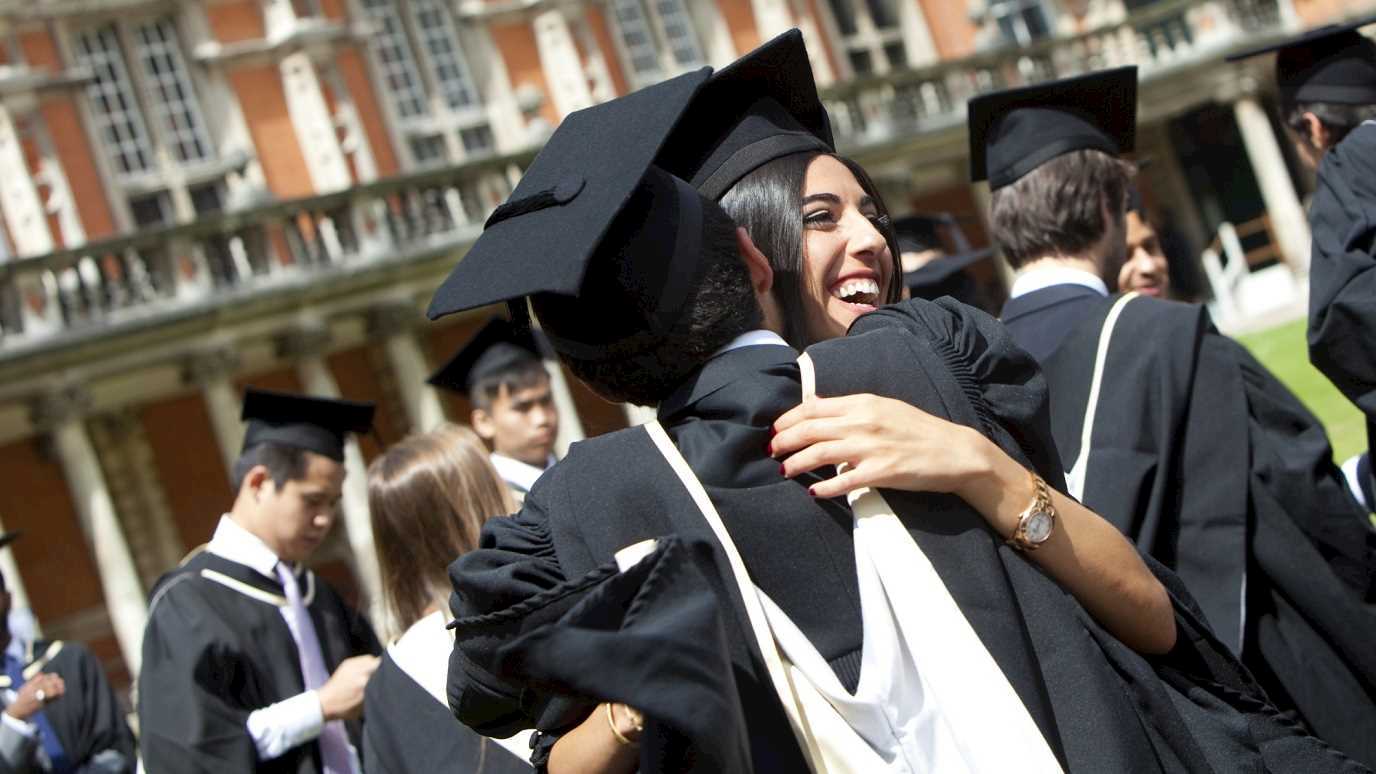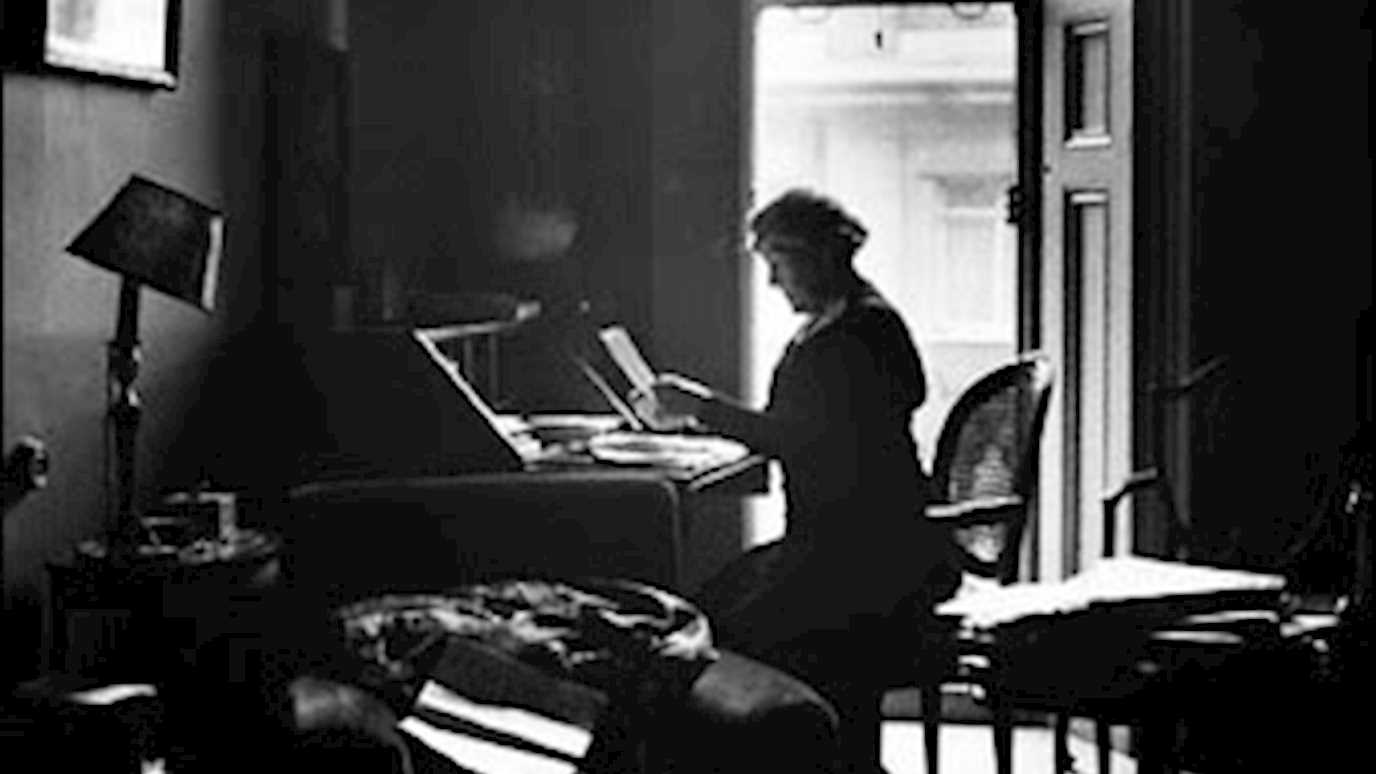Did you know that 55% of global leaders and 58% of FTSE executives have degrees in SHAPE subjects?
The World Economic Forum and the International Labour Forum agree that employers’ most sought after skills are the human and cultural behaviours that computers cannot easily replace: critical thinking, creativity, self-motivation, and effective interpersonal and public communication. These skills are fundamental to SHAPE subjects (Social Sciences, the Arts and Humanities for People and the Economy).
As a SHAPE subject, you will develop in-demand transferable skills studying Classics at Royal Holloway. We consequently have an outstanding record of graduate success, with 94% of our students in work, study or both within 15 months of graduating, including roles in museums, libraries, the civil service, marketing, teaching and many more (based on the latest Graduate Outcomes survey of 2019 graduates). The Guardian University Guide identified our Department as top in the UK for career prospects in 2020. Highly developed and subject-specific expertise has allowed our Classics Department graduates to make meaningful contributions to professional and public life in careers with Channel 4, the Civil Service (Cabinet Office), the law firm SJ Berwin, The Guildhall (City of London), the Natural History Museum, and KMPG. Find out more about our graduates' diverse and exciting careers in our graduate profiles.
Helping you to prepare for your future is central to the department’s employability initiatives, which are carefully structured to develop over the years of your degree. Find out more by reading our Employability Manifesto.
Our students and graduates are able to...
- learn in-demand transferable skills
-
think and work with agility and attention to detail;
-
digest, summarise and analyse content from a wide range of different materials;
-
demonstrate critical awareness of the strengths and weaknesses of arguments;
-
develop the confidence to question and express their own views;
-
communicate effectively both verbally and in writing;
-
acquire key digital skills expected in the workplace;
-
work independently and as part of a team;
-
be highly motivated and organised.
In ancient history, you will...
-
gain awareness of the importance of change & development: different political institutions and the economy (trade, labour force, revenue, expansion);
-
study international relations, diplomacy, power politics;
-
cultivate a social historical awareness of ‘muted groups’, e.g. women, elderly, children, ‘foreigners’, slaves;
-
make comparative use of range of different media: literary, statistical, material, visual;
-
understand problems of bias, selectivity, conventions;
-
study conflict causes and resolutions;
-
appreciate different ‘leadership styles’ and organisational structures (military, political, trade): strengths & weaknesses;
-
understand the changing and different roles of e.g. religion in society.
In Greek & Roman literature, you will...
-
be able to recognise and deploy means of persuasion: rhetoric, style, structure, devices;
-
understand bias, selectivity, and conventions;
-
be able to select appropriate communication styles for audience, reader or market;
-
appreciate ‘the dramatic’ and how to use it;
-
be sensitive to the evolution of literary forms, particularly in their wider social contexts (e.g. ‘reception’);
-
understand the different cultural roles of myth.
In Greek & Latin language, you will...
-
understand the importance and roles of visual cultures and ideologies;
-
be aware of the relation of space to function: religious, domestic, political, commercial;
-
appreciate the problems in handling and mishandling material evidence;
-
be able to collate and present statistical data successfully.























